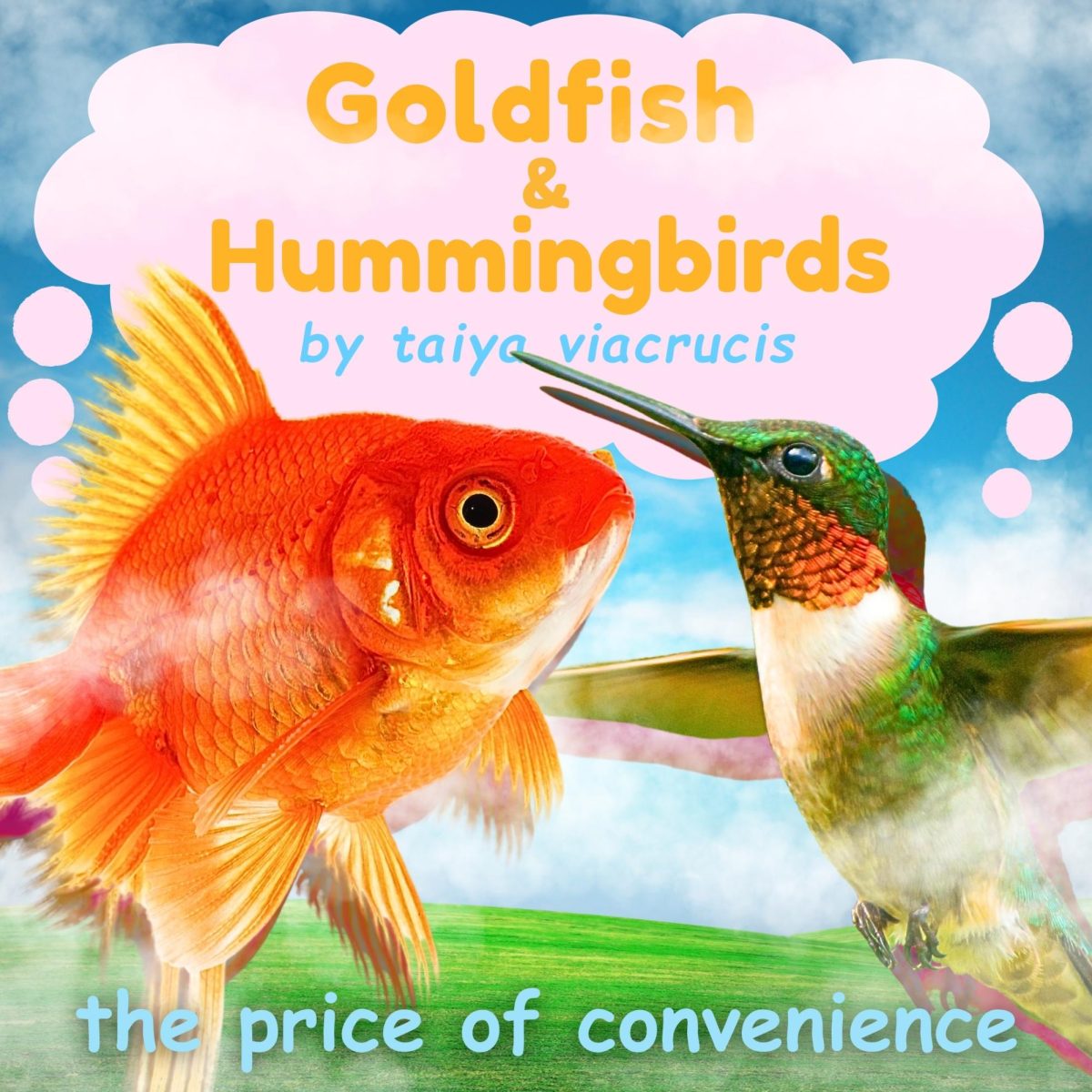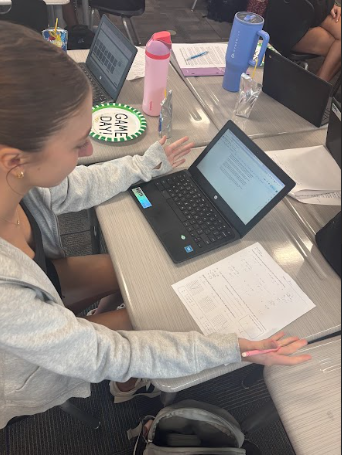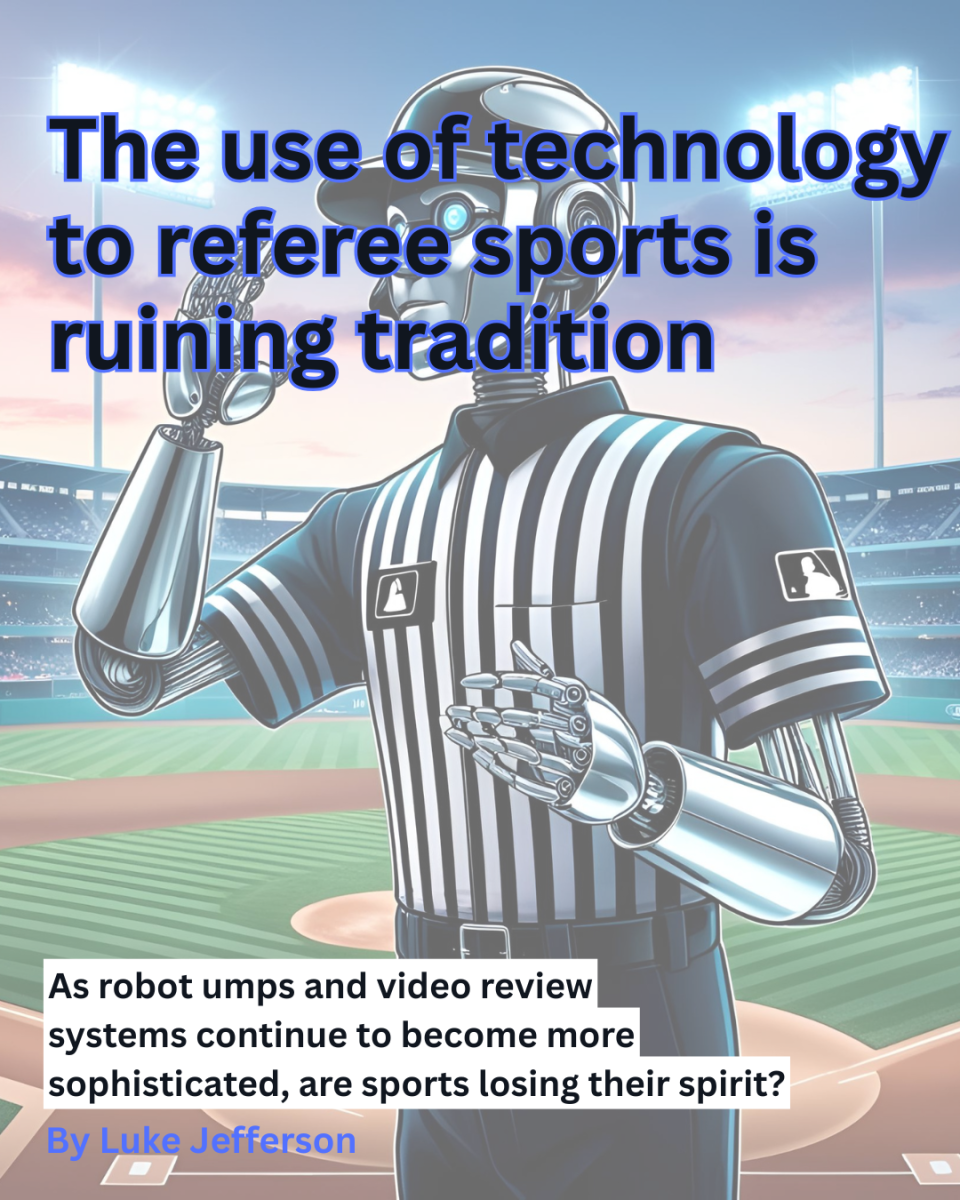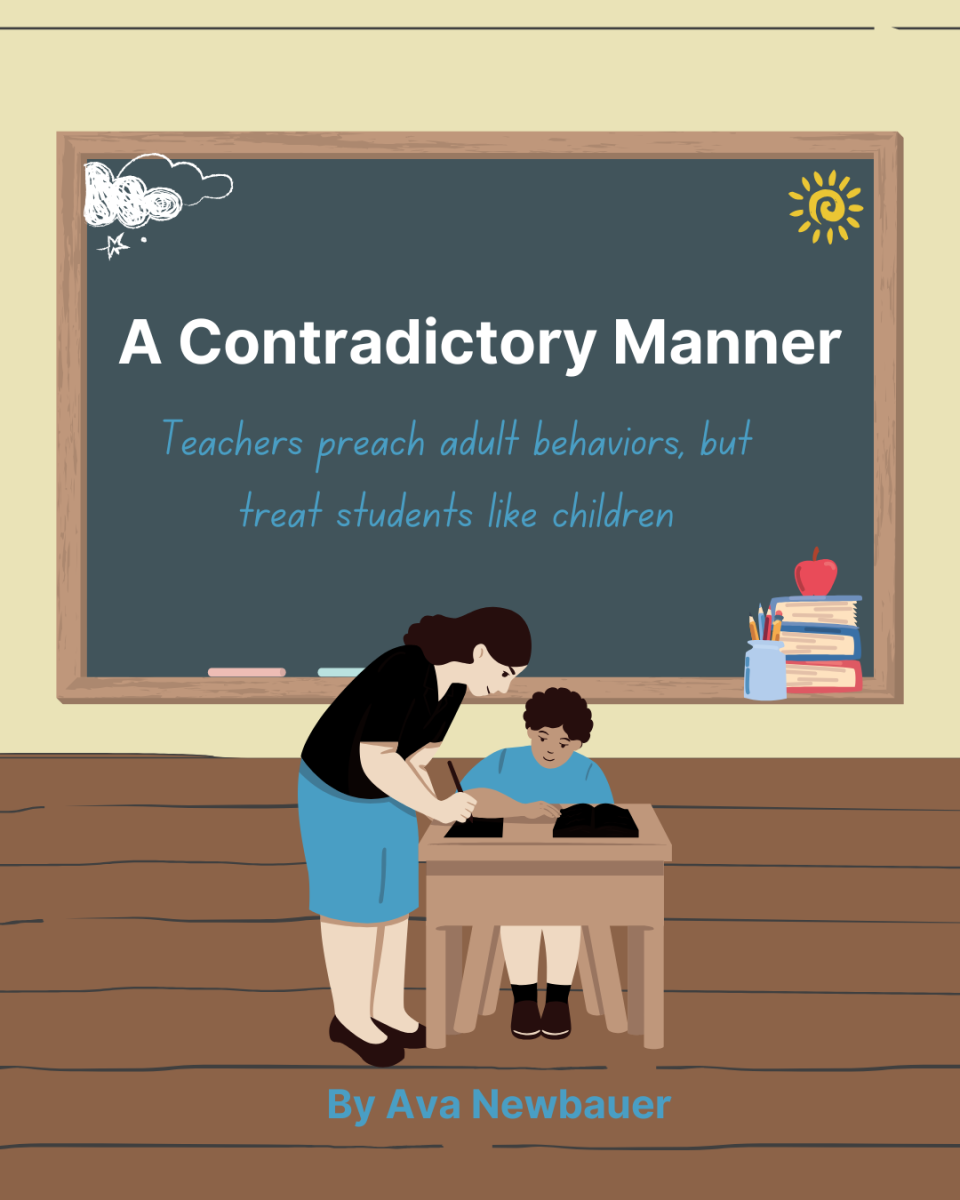Many adults who remembers landlines and dial-up internet are quick to say that kids these days have the attention span of a goldfish.
It’s hard to argue when we fill our time watching TikToks that are half fake Reddit stories and half Minecraft parkour, constantly have an AirPod in, and feel uncomfortable driving alone in silence. In a world where multitasking is practically a sport, it’s fair to wonder: Is our ability to focus actually getting worse, or is this just another case of people resisting change?
If you ask parents, they blame phones. Notifications, endless social media feeds, autoplay videos, and algorithm-driven content are all designed to hijack our brains’ reward systems. Apps like TikTok and Instagram don’t just keep us entertained, they rewire our expectations. Every swipe rewards us with a burst of dopamine; every scroll delivers something new. Over time, our brains adapt to this hyper-stimulation, and anything slower (like reading an article) feels unbearable.
It’s not just about boredom. The average person checks their phone 205 times a day, and this number is only increasing. Technology isn’t just a tool or privilege anymore; it’s the world we live in.
The effects of this constant stimulation don’t stop at shorter YouTube ads. They show up in classrooms, too. Teachers report students struggling to focus on lectures, stay engaged during long projects, or read full chapters of a novel, instead relying on SparkNotes. Even homework becomes a juggling act: one tab for the essay, one for Tetris, and one for online shopping.
We live in a culture of “skim reading,” where deep, focused attention feels almost foreign. Why slog through a 20-page chapter when a 30-second explainer video can tell you the highlights? Why spend an hour writing a draft when ChatGPT can spit one out in seconds? The temptation to move faster is everywhere.
This isn’t just a personal problem, it’s a cultural shift. In the past five years, short-form content has been on the rise, exemplified by the creation of YouTube Shorts in September 2020. Apps like TikTok reward creators who deliver maximum entertainment in minimum time. Twitter (X) forces users to cram entire arguments, jokes, or emotional breakdowns into 280 characters. Even memes rely on people being able to immediately understand a joke with one glance.
We’re all “info-snacking,” jumping from one quick bite of content to another without ever sitting down for a full meal. And once your brain gets used to a buffet of endless appetizers, a slow-cooked main course (like a long novel, a two-hour documentary, or even a face-to-face conversation) feels painfully stuffing.
It’s easy to laugh at the “goldfish-attention span” comparisons, but the mental health consequences aren’t as funny. Constant multitasking and fragmented attention are linked to higher levels of anxiety and depression. The human brain wasn’t designed to shift gears this often without getting exhausted.
The more we divide our attention, the harder it becomes to finish anything. We feel stressed, overwhelmed, and behind— constantly. It creates a feedback loop: the less we can focus, the more anxious we get; the more anxious we are, the harder it is to focus. And round and round we go.
Outside of our own brains, this attention crisis quietly shapes bigger systems. In the workplace, distraction costs money. Workers who constantly toggle between emails, Slack notifications, and TikTok breaks get less done and make more mistakes.
Even political discourse feels the shift. Headlines shrink complex issues into a few bolded words. Debates are edited into ten-second “gotcha” clips. The faster information moves, the harder it is to slow down, think critically, and engage with it.
When speed wins, nuance is lost.
But maybe it’s not fair to frame all of this as a total disaster. Many argue that young people aren’t losing their ability to focus; they’re developing different kinds of attention skills. Rapid context-switching, quick pattern recognition, and multitasking could be adaptive skills for a fast-moving world. Especially since students are often expected to balance seven classes, sports, extracurriculars, a job, chores, and a social life: How can we not be multitasking experts?
In other words, Gen Z and Gen Alpha aren’t stupid. We’re just different, a generation adapted to the new age of technology where short-term content wins.
This argument leaves “goldfish” as an inaccurate comparison. Maybe we’re closer to hummingbirds: fast, energetic, and constantly shifting from one thing to the next, but still capable of incredible precision when we need it. Even if our brains are adapting, that doesn’t mean we have to give up deep focus altogether. It’s a skill, and like any skill, it can be trained.
Simple habits: like setting timers for “single-tasking,” doing tech detox hours (or even full days, if you’re brave), and slowly building up reading stamina, can rebuild attention over time. Schools and workplaces also have room for improvement, by adjusting expectations without giving up depth. It’s not about shaming short attention spans or longing for a golden age that never really existed.
It’s about choosing when we want to move fast, and when it’s worth slowing down. Because sometimes, staying focused in a world of distractions isn’t rebellion. It’s survival.










